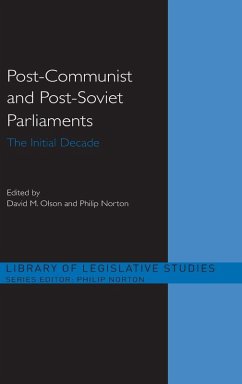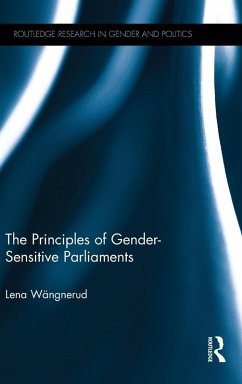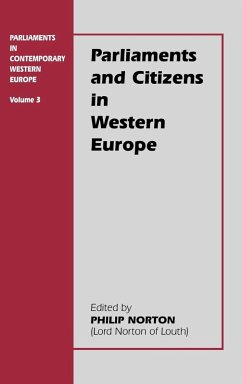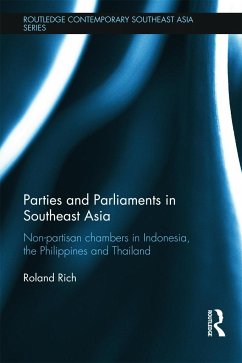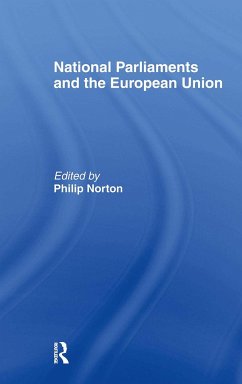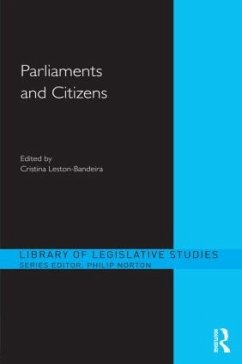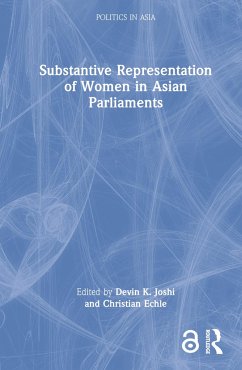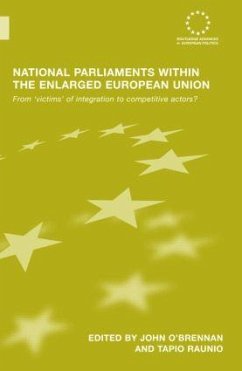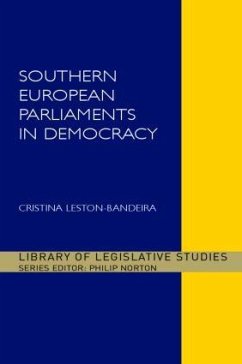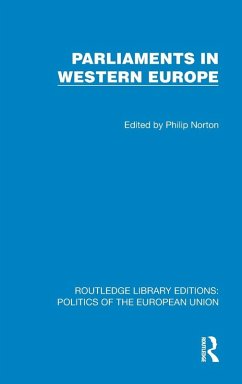
Post-Communist Parliaments
Change and Stability in the Second Decade
Herausgeber: Olson, David M.; Ilonszki, Gabriella

PAYBACK Punkte
84 °P sammeln!
At the end of the "founding" or initial decade, the new parliaments of post-Communist Europe had developed two distinct types: democratic and presidentially-dominated. Whilst in the early years, they had been characterised as "parliaments in adolescence," they have - through the second decade - continued to improvise but also elaborate their working relationships with both their chief executives and electorates. This book examines these adaptations in seven parliaments, comparing both among them and with parliaments of west Europe. Their changes are traced through four distinct sets in context, members, internal structure, and working relationship with the executive. This research develops a common perspective for our understanding of both new and developed legislatures by tracing the steps through which new parliaments begin, adapt and become established. This book was published as a special issue of Journal of Legislative Studies.
This book examines how over the last twenty years two basic types of post-communist parliaments have persisted, with underlying changes in their party systems, and how they function in practice. This book was published as a special issue of Journal of Legislative Studies.




